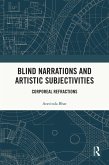
eBook, PDF
11. Juli 2023
Taylor & Francis eBooks
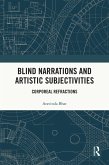
eBook, ePUB
11. Juli 2023
Taylor & Francis eBooks
Broschiertes Buch
Corporeal Refractions
28. November 2024
Taylor & Francis
| Gebundenes Buch | 152,99 € |
Gebundenes Buch
Corporeal Refractions
11. Juli 2023
Routledge India / Taylor & Francis
Ähnliche Artikel
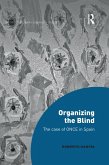
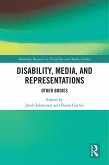
eBook, PDF
27. Februar 2020
Taylor & Francis eBooks
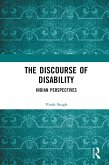
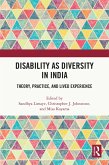
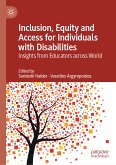
eBook, PDF
2. März 2019
Springer Nature Singapore
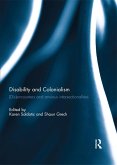
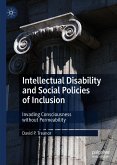
eBook, PDF
29. August 2020
Springer Nature Singapore
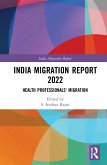
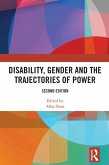
eBook, PDF
30. September 2024
Taylor & Francis eBooks
Ähnlichkeitssuche: Fact®Finder von OMIKRON
